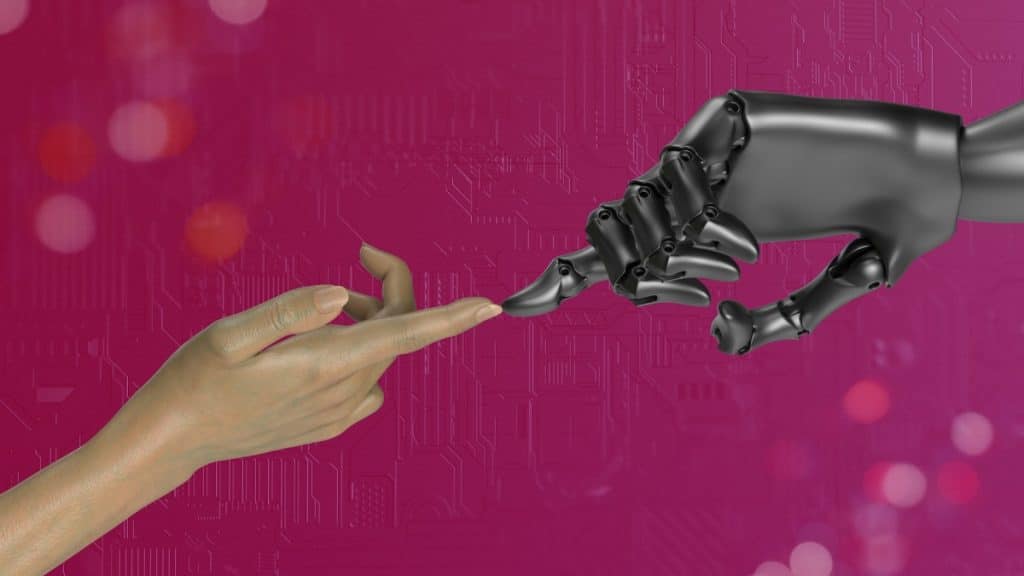Artificial Intelligence (AI) is no longer just a concept from science fiction; it’s a powerful force that’s reshaping industries across the globe. As AI continues to advance at an extraordinary pace, it brings with it a wealth of opportunities but also significant challenges. This article delves into the potential of AI, its impact across various sectors, and the ethical considerations that come with its rapid development.
Unleashing the Power of AI
AI is poised to revolutionize nearly every aspect of our lives. In healthcare, AI-driven diagnostic tools can now analyze medical images with pinpoint accuracy, often outperforming human experts. This means earlier detection of diseases and more effective treatments, potentially saving countless lives. For example, AI models can identify cancerous cells in mammograms more quickly than traditional methods, enabling timely interventions. AI’s impact doesn’t stop there; in drug discovery, AI can streamline the process, bringing new medications to market faster than ever before. Machine learning algorithms sift through vast datasets to identify potential drug candidates, drastically cutting down the time and cost of research. Surgical robots powered by AI enhance precision in operations, reducing human error and leading to better patient outcomes. These robots can perform minimally invasive procedures with greater accuracy, shortening recovery times and improving overall patient care.
Education is another field ripe for transformation. AI can tailor learning experiences to individual students, adjusting content to match their unique needs and pace. Intelligent tutoring systems offer personalized guidance, helping students reach their full potential. These systems analyze students’ learning patterns and provide customized resources, making education more accessible and effective. Furthermore, by automating administrative tasks, AI allows educators to focus more on teaching and mentoring. AI-powered tools can handle tasks like grading and scheduling, freeing up teachers to engage more deeply with their students.
The business sector is undergoing a similar AI-driven transformation. AI-powered chatbots provide 24/7 customer support, enhancing customer satisfaction while reducing operational costs. These chatbots can handle a wide range of queries, allowing human agents to focus on more complex issues. Predictive analytics allows businesses to anticipate trends and make informed decisions, boosting efficiency and profitability. Companies like Amazon and Netflix use AI to analyze consumer behavior, offering personalized recommendations that drive sales and engagement. Automation of routine tasks frees up employees to engage in more strategic and creative work. For instance, AI can manage inventory, process invoices, and even draft reports, enabling workers to concentrate on innovation and growth.
The gaming industry has already felt the impact of AI. AI-powered opponents offer players more challenging and immersive experiences. AI also plays a role in creating realistic virtual environments and characters, drawing players into richly detailed worlds. Online slot machines, for example, are becoming more engaging and personalized, thanks to AI. By using AI to generate random outcomes and adjust the difficulty level based on the player’s skill, online slots can provide a more personalized and enjoyable experience. While there are slots to play for fun for free available primarily for entertainment, they can also serve as a testing ground for AI technologies and help advance the field of artificial intelligence.
Navigating the Challenges
Despite its transformative potential, AI presents significant challenges. Job displacement is a major concern. As AI takes over tasks traditionally done by humans, some industries may see job losses. However, it’s important to recognize that AI can also create new opportunities, requiring a workforce skilled in AI and related technologies.
Ethical concerns are also at the forefront. The risk of AI systems perpetuating bias and discrimination is real, especially if they are trained on biased data. There are also fears about AI being used for malicious purposes, such as in cyberattacks or autonomous weapons.
To tackle these challenges, it is crucial to establish ethical guidelines and regulations for AI development and use. These frameworks should prioritize transparency, human well-being, and societal values. Additionally, investment in education and training is essential to prepare workers for an AI-driven economy.
Conclusion: Shaping the Future
The future of AI is filled with both promise and uncertainty. While it offers immense benefits, the challenges it presents cannot be ignored. By developing ethical standards, investing in education, and encouraging collaboration between industry, academia, and governments, we can harness the power of AI to improve society for all.
